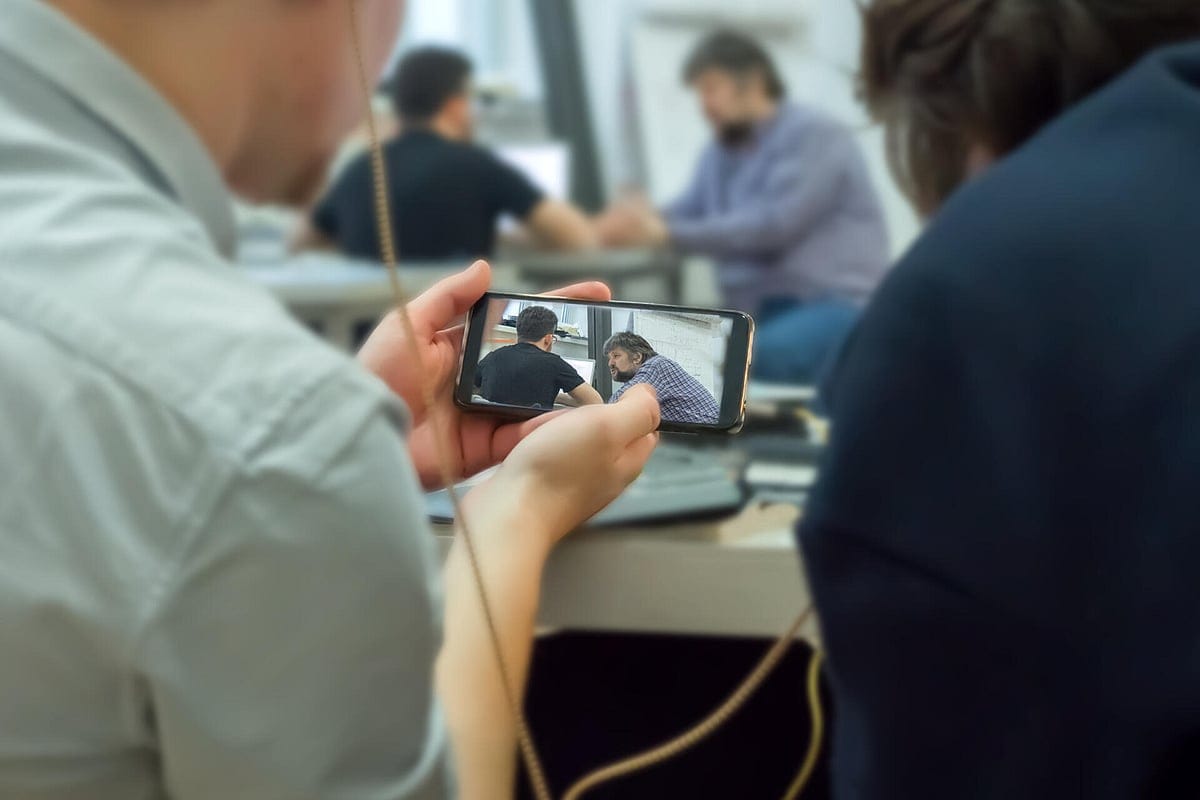Massachusetts High Court Tosses Secretly Recorded Police Video of Drug-Dealing Suspect

Secretly recorded video that police take without a warrant can't be used at trial against a suspect in Massachusetts, the state's highest court has ruled.
Prosecutors in a drug case in East Boston and Brighton were hoping to use at least the video without the audio recording of what was said, but the Massachusetts Supreme Judicial Court decided that in light of a state statute that bans surreptitious recordings both must be tossed.

